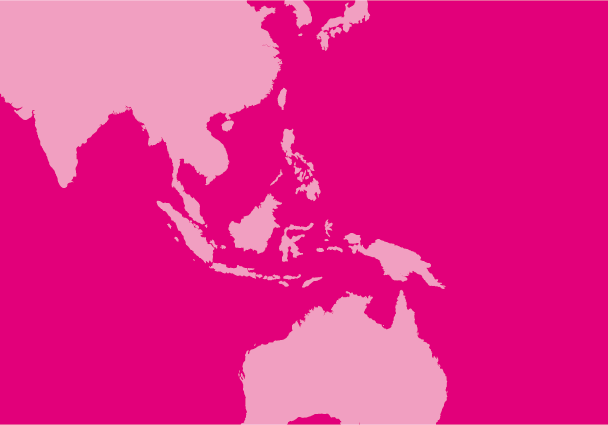
Feb 1, 1994 | Advocacy, Non-legal submissions
The document consists of three parties. The first is a general review of the basic rules regarding reservations to treaties. The second part contains a country-by-country review, outlining the reservations made by Bangladesh, China, India, Indonesia, South Korea, Myanmar, Pakistan and Thailand. The third part contains conclusions, focusing on the best strategies for NGO advocacy with regard to these reservations to the Convention of the Rights of the Child.
Asia-Convention Rights of the Child-non-legal submission-1994-eng (full text in English, PDF)
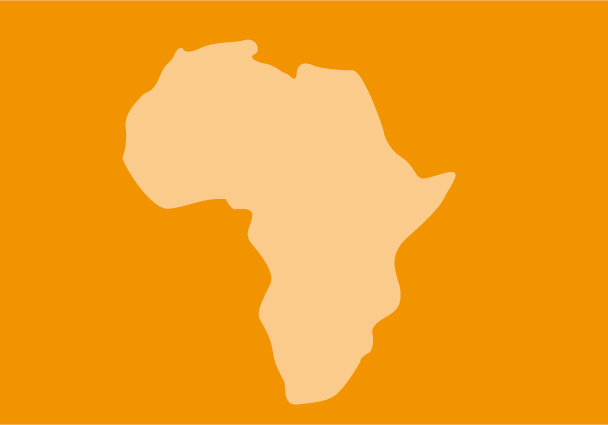
Jun 1, 1992 | Advocacy, Analysis briefs
Since the ICJ is committed to the Rule of Law and legal protection of human rights, the ICJ is pleased with a number of developments in Africa in the past few years.
The apparent waive of democratization as seen in Benin and Zambia is a noteworthy indication that political pluralism and free and fair elections are not alien to Africa. The transitions to civilian rule scheduled for 1993 in Ghana and Nigeria, two countries plagued in the past by military intervention, are hopeful examples of positive change.
In addition, African countries, as member states of the OAU, have pledged in the preamble to the OAU Charter “to
promote international cooperation, having due regard for the Charter of the United Nations and the Universal Declaration of Human Rights.”
Also worth noting is that forty-three of the fifty-one African states have ratified the African Charter on Human and Peoples’ Rights. Although only a few African states have submitted their periodic reports to the Commission, the ICJ is encouraged by indications that other states will do so in the near future. It is also our hope that the eight States which have not as yet ratified the African Charter will do so as soon as possible.
Despite these innovations, however, legal protection of human rights remains inadequate in Africa, exemplified by recent human rights violations in many African states. The ICJ is deeply concerned about the continuing violations.
The OAU Summit in conjunction with the African Commission has a responsibility to address these violations and to assure that African countries respect their legal obligations under the African Charter on Human and Peoples’ Rights and the UN Charter and other relevant international instruments.
Specific human rights violations are of particular concern to the ICJ due to their severity of harm and their frequency of occurrence throughout Africa. These include: killings and lack of accountability, arbitrary detention, torture, lack of personal protection and arbitrary use of power due to the lack of an independent judiciary, lack of protection of civilians during armed conflict and deportation.
The examples of violations used in the following legal analysis are based on international and local sources. While some changes may have occurred that are not indicated in this brief, examples are meant to illustrate potential consequences when the law is inadequate to protect human rights.
human rights situation in Africa-analysis brief-1992-eng (full text in English, PDF)
human rights situation in Africa-analysis brief-1992-fra (full text in French, PDF)
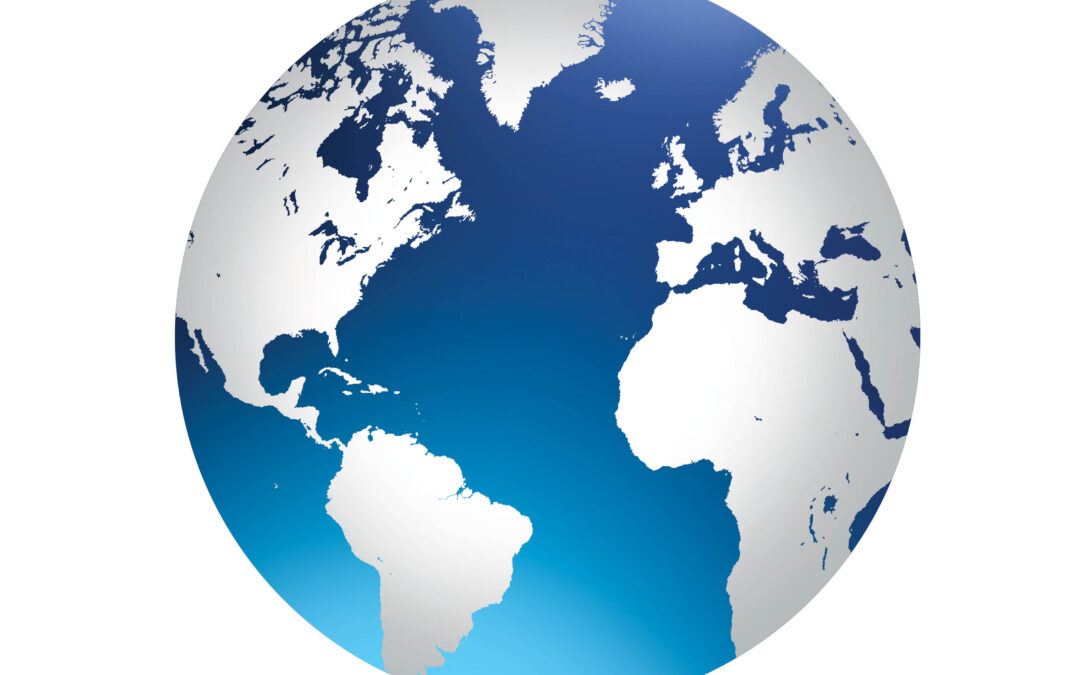
Jan 1, 1988 | Advocacy, Non-legal submissions
Article by Niall MacDermot, Secretary-General of the ICJ, who first outlines the contents and history of the Universal Declaration of Human Rights. He then describes the contribution of NGOs to the United Nations and regional mechanisms, in terms of standard-setting and interventions on violations.
Reprint from the book “Human rights in the changing world”, published by the International Law Association Regional Branch (India) and edited by E.S. Venkataramiah.
Role NGOs human rights-non-legal submission-1988-eng (full text in English, PDF)
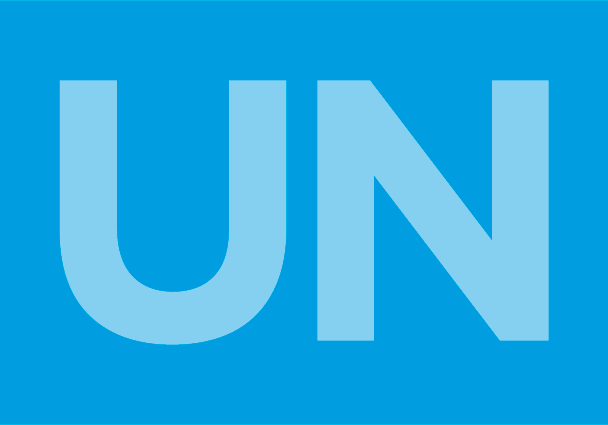
Aug 1, 1976 | Advocacy, Non-legal submissions
In response to the request contained in Resolution 7 (XXVII) of the Sub-Commission on Prevention of Discrimination and Protection of Minorities the ICJ circulated to members of the Commission at their meeting in 1975 a Memorandum relating to “The human rights of persons in detention or imprisonment”.
By Resolution 4 (XXVIII) the Sub-Commission requested the Secretary-General of the United Nations to invite (inter alia) non-governmental organisations to furnish information, in particular about the matters referred to in paragraphs 2 and 3 of that Resolution.
The ICJ respectfully draws the attention of the Sub-Commission to the information already contained in its 1975 Memorandum.
In addition, it circulates herewith a further Memorandum consisting mainly of statements made by victims of torture and other ill-treatment in various parts of the world, relating to the matters referred to in the above Resolution.
violations of human rights of persons in detention-non legal submission-1976-eng (full text in English, PDF)
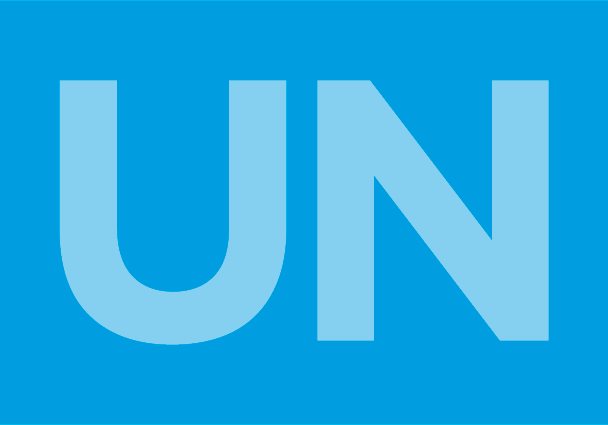
May 1, 1975 | Advocacy, Non-legal submissions
In response to Resolution 7 (XXVII) (of the Sub-Commission on Prevention of Discrimination and Protection of Minorities), the ICJ submits the attached summary of developments in the field of the human rights of persons subjected to any form of detention or imprisonment.
The object of this material is not to suggest material for findings as to whether or not the rights of detainees and prisoners are being or have been violated in any particular country. Rather, the aim is to aid the Sub-Commission in determining the patterns of violations that have developed in several countries and the conditions which permit such violations, with a view to recommending measures which would prevent their occurrence.
Information compiled by the ICJ in recent years shows that the most frequently violated rights of detained persons are in fact those listed in the preamble of Sub-Commission Resolution 7 (XXVII).
In Part I we draw attention to certain problems relating to the enjoyment of these rights which, according to our files, seem to arise repeatedlyin many countries in all regions and under all regimes. Examples are provided, but they are only illustrative and in no way indicate that only in those countries are such problems known to occur.
Some of the situations mentioned have changed considerably and the practices described have ceased in those places; however, such information about the recent past can be of assistance in determining what measures could correct or prevent similar occurrences today and in the future.
Part II contains suggested measures which the Sub-Commission may wish to consider in connection with these materials. Included are proposals for judicial and administrative procedures which, if adopted, might help to prevent the occurrence of torture and other violations of detainees’ and prisoners’ rights; these proposals have also been submitted to the Fifth U.N. Congress on Prevention of Crime and Treatment of Offenders.
Further details on questions discussed below can be made available by the International Commission of Jurists; in particular, documents mentioned in the footnotes contain much relevant information.
human rights of persons in detention-non legal submissions-1975-eng (full text in English, PDF)
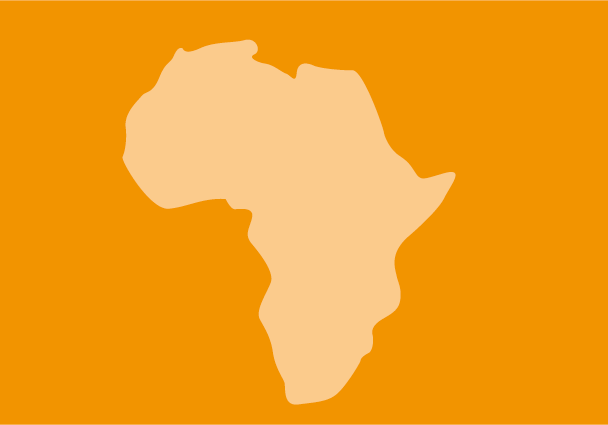
Oct 11, 1961 | Advocacy, Open letters
The ICJ has sent a cable to President Nkrumah of Ghana concerning reports of arrests, it was announced today.
Sir Leslie Munro, the Secretary-General of the Commission, stated that the Commission has learned with “profound concern” of recent reports of the arrest of leading lawyers and a large number of other persons and “in view of the disquiet these reports are having on the world legal community” requested information concerning the charges against those arrested.










